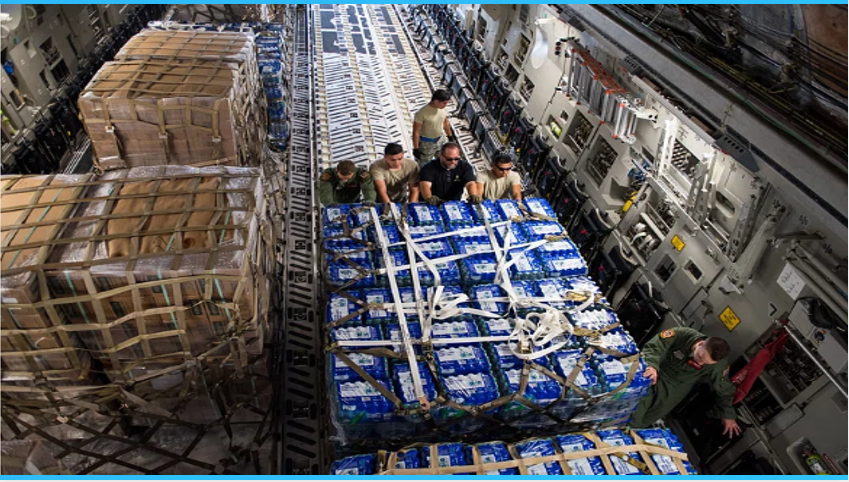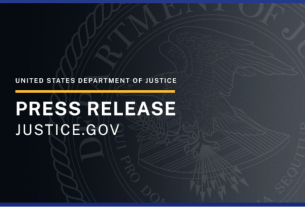📍 Brussels, July 10, 2025 — The European Union has secured a landmark agreement with Israel to significantly expand humanitarian aid access to the Gaza Strip, following weeks of diplomatic pressure and mounting concern over deteriorating conditions in the enclave. The deal was announced by EU High Representative Kaja Kallas, ahead of a key foreign affairs ministers’ meeting where potential responses to Israel’s breach of the EU-Israel Association Agreement will be discussed.
🚚 Key Measures Agreed
- A substantial increase in daily food and non-food aid trucks
- Reopening of crossings via Jordan and Egypt
- Resumption of fuel deliveries for humanitarian facilities
- Restoration of power supply to Gaza’s water desalination plant
- Distribution of aid through bakeries and public kitchens
- Enhanced protection for aid workers
Kallas emphasized that the measures will be implemented in the coming days, with a shared understanding that aid must reach the population directly. The EU confirmed that distribution will be coordinated with UN agencies and NGOs, explicitly excluding the Gaza Humanitarian Foundation, which has faced criticism over alleged aid-related fatalities.
🛡️ Safeguards and Oversight The agreement includes provisions to prevent aid diversion to Hamas, and may involve the redeployment of the EU Border Assistance Mission (EUBAM) to monitor aid flows at the Rafah Crossing Point.
🗣️ Diplomatic Context The deal follows a visit by EU Special Envoy Christophe Bigot to Tel Aviv, aimed at negotiating an end to what Kallas described as “starvation and killing.” It also coincides with renewed ceasefire negotiations between Israel and Hamas, and comes amid reports of child malnutrition and civilian casualties in Gaza.
While the agreement marks a diplomatic breakthrough, EU officials remain cautious about its implementation and broader implications. A senior diplomat noted that the deal does not alter ongoing deliberations over Israel’s compliance with the Association Agreement, and stressed the need for clarity on security and operational oversight.
Excerpts from AP article By Shona Murray & Maïa de La Baume



